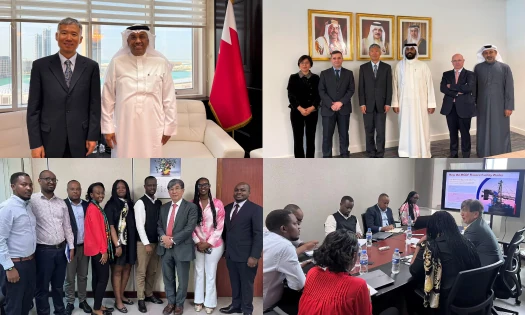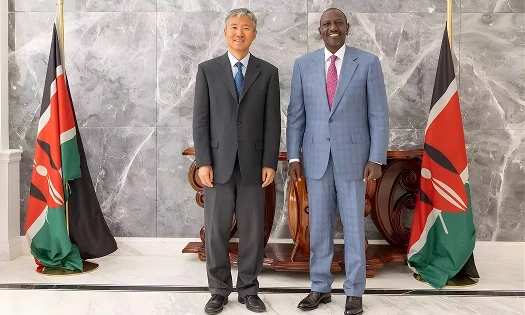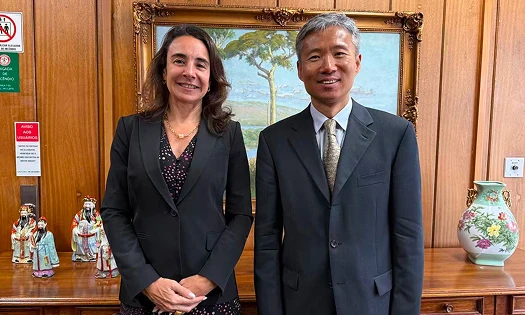The Multilateral Cooperation Center for Development Finance (MCDF), Asian Development Bank (ADB), Xiamen National Accounting Institute (XNAI), and China International Contractors Association (CHINCA) cohosted the 3rd Asia-Pacific Integrity and Compliance Forum in Xiamen, China on 16-18 September.
The forum brought together experts from government ministries, International Financial Institutions (IFIs), the private sector, and partners to foster information sharing and collective action under the theme Delivering Development with Integrity. IFI standards and good practices for ensuring integrity and compliance in infrastructure development were highlighted.
XNAI President Ding Yougang moderated the opening session. Mr. Qiyun Lin, Director General at China’s Finance Ministry, emphasized the importance of dialogue and cooperation for building a governance paradigm in the region that can raise integrity and compliance standards and capacity. ADB Vice President Fatima Yasmin described the raising of standards as a strategic necessity which influences how institutions function, how resources are deployed, and development outcomes are achieved.
“Addressing corruption can reduce development project costs and improve the timeliness, quality, and impact of the resulting infrastructure,” explained MCDF CEO Zhongjing Wang in his opening remarks. “This is not only good for governments and their citizens, but also mitigates reputational, financial, and legal risks to contractors and financiers.”
CHINCA Chairman Qiuchen Fang noted that multilateral development banks (MDBs) play a pivotal role in shaping the rules for international infrastructure investment and construction. He urged stakeholders to join hands with MDBs to create an integrity and compliance-driven ecosystem.
It set the stage for a panel on the road ahead featuring IFI integrity heads, including Mr. Mouhamadou Diagne, World Bank Group Vice President of Integrity, Mr. Paul Lakidi, Chief Integrity Officer at the African Development Bank, and Ms. Hwee Tin Kng, Acting Managing Director, Complaints-Resolution, Evaluation, and Integrity Unit, Asian Infrastructure Investment Bank. The panel was moderated by Mr. John Versantvoort, Head of ADB’s Office of Anticorruption and Integrity. The panelists discussed the need to manage the demand and supply sides of corruption. Though MDBs have put in place strong systems to help limit the scope for corruption among companies on the supply side, they said that more work is required on the government or demand side, globally, and that stakeholders must come together to take potential solutions forward.
Subsequent panels spotlighted a cross-section of initiatives that have shown encouraging demand-side results. Among them include the Maritime Anti-Corruption Network developed by Nigeria’s government and port sector which has resulted in a large drop in bribery and increase in container throughput, and Thailand’s Collective Action Against Corruption through which member companies have committed to abstain from bribe payments backed by the certification of their business practices.
Based on frontline experience, collective actions such as these, which leverage partners’ competitive advantages, are key to long-term success in the fight against corruption, forum participants said. Promoting strong networks of public institutions, state-owned enterprises, private businesses, academia, and others is critical for tackling integrity and compliance challenges in the Asia-Pacific, they added.
Forum participants agreed on the business case for strong integrity and compliance systems. They cited examples of Chinese companies winning overseas business by developing a strong reputation for integrity as well as cases globally of companies sanctioned by MDBs once again becoming eligible to join MDB projects after implementing strong integrity and compliance systems.
Practical advice provided to companies on compliance policy development and avoiding conflicts of interest when bidding included tailoring their approach to meet their unique needs, openness to continuous learning and improvement, establishing systems to coordinate between subsidiary companies, and seeking company compliance officer support in response to bribery requests.
Day two and three of the forum featured capacity building workshops on integrity and compliance in procurement. Presentations and discussions looked at the new ‘rated criteria’ approach being adopted by IFIs in the Asia-Pacific. Corresponding changes in procurement processes make bidding more complex and require contractors to think about how they are achieving outcomes and not just about outputs, workshop participants said.
IFIs have made substantial resources available to help contractors with changes in the procurement landscape and are open to feedback on whether new approaches are working, workshop participants added. A Business Opportunities Fair held on day three of the forum underscored the increasing ambition and scale of IFI work in the region and business opportunities for contractors and partners that can meet IFIs’ integrity and compliance requirements.
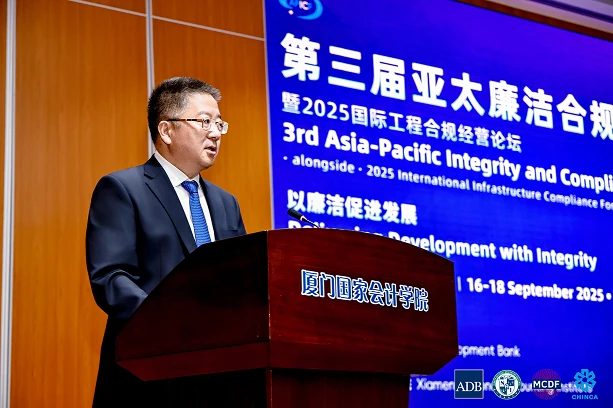
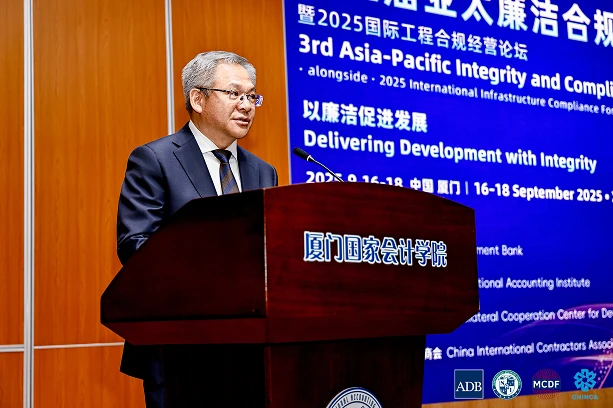
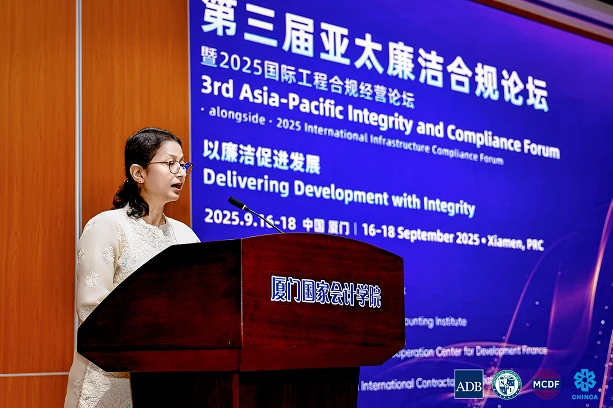
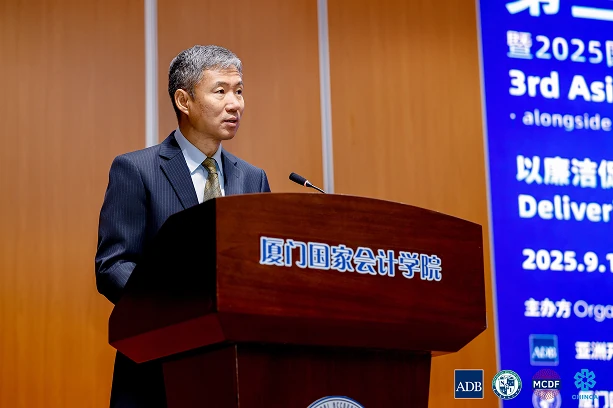
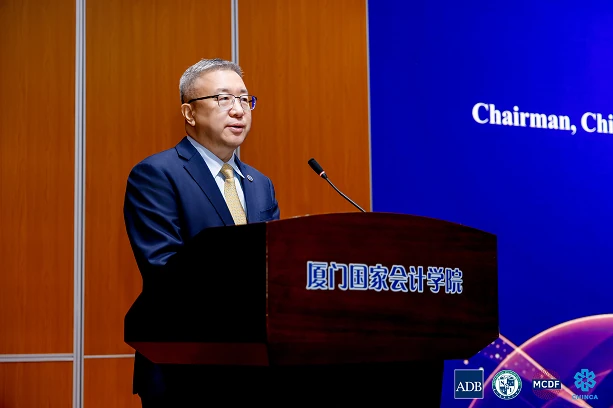
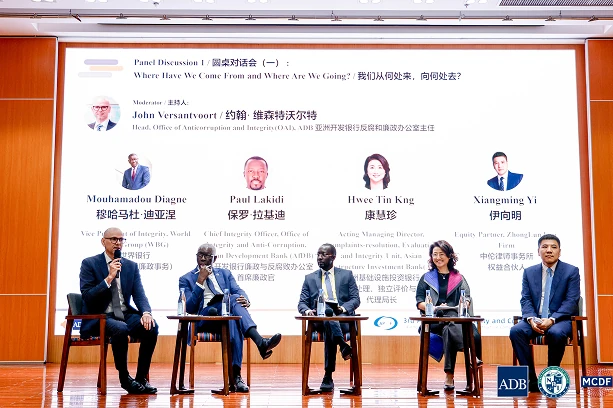
Contact
David Hendrickson
Senior Communications Officer
Mobile: +86 185 0114 6758
david.hendrickson@themcdf.org




